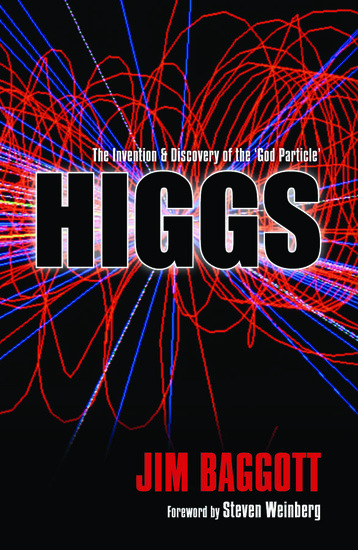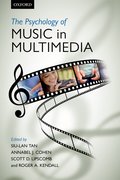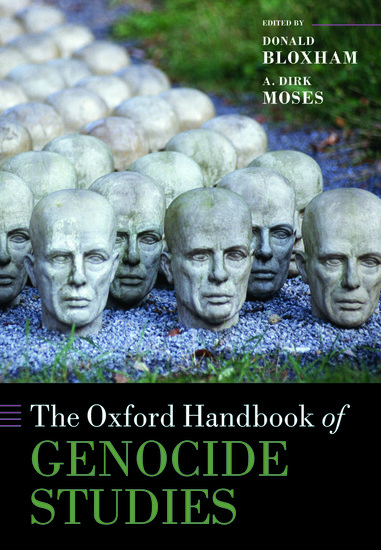Rihanna, the Court of Appeal, and a Topshop t-shirt
Can a fashion retailer take a photograph of a celebrity, print it on a t-shirt and sell it without the celebrity’s approval? Yes, but sometimes no – not when the retailer has previously gone out of its way to draw a connection between its products and that celebrity, in this case Robyn Fenty, aka Rihanna. How did this begin?










